Effective immediately, Vanderbilt community members are no longer required to mask or socially distance indoors on campus, as announced in a March 9 press release. Asymptomatic testing protocols remain unchanged: unvaccinated individuals are required to test twice a week, vaccinated but unboosted individuals are subject to the sentinel testing program and fully vaccinated and boosted individuals are exempt from testing.
This change overrides a Feb. 23 update stating that, beginning on March 14, masks would not be required indoors only if six feet of distance could be maintained.
Per Vanderbilt’s COVID-19 dashboard, the number of total positive cases on campus decreased from 345 to 21 from Jan. 16 to March 5. During the week of Feb. 27, 0.10% of the vaccinated community and 0.12% of the unvaccinated community tested positive.
According to the press release, the policy change was made in accordance with CDC guidance that categorizes Davidson County in the “medium” risk COVID-19 Community Level. A county is assigned a level based on the number of new COVID-19 cases and hospital admissions per 100,000 people, as well as the average percentage of hospital beds occupied by COVID-19 patients over the past seven days. For Davidson County, these statistics were 138.88, 17.8 and 5.5%, respectively, between Feb. 24 and March 3.
Students conveyed their excitement about going fully mask optional.
“I feel safe knowing that Vanderbilt has lifted the mask mandate after carefully monitoring infection rates over the past couple of months and sharing their reasoning with the student body,” first-year Eshani Mehta said. “I’m glad that I can finally see the smiles of my fellow students!”
Others shared their concerns with the timing of the announcement, despite declining case numbers.
“While I understand the COVID-19 positivity rate is significantly lowered at Vanderbilt, many students will be traveling during spring break and may be infected with COVID-19; with the absence of the mask mandate, just a few students could spread disease to many on our crowded campus,” first-year Saksham Saksena said. “I think the more rational and safe move would be to keep the mask mandate for now and re-evaluate two weeks after spring break.”
First-year graduate student Cathy Terrace echoed Saksena’s apprehension and shared her own concern for the decision’s potential impact on at-risk individuals. Terrace was also involved in graduate student union protests against the university’s response to the omicron variant.
“This policy change—and implementing it immediately after spring break—is disappointing,” Terrace said. “Given the university’s lack of universal hybrid options, this forces students to endure unnecessary exposure and especially puts disabled and immunocompromised students, staff and faculty who have been denied virtual access at greater risk.”
The university reaffirmed students’ right to continue wearing a mask on campus if they choose but did not respond to immediate request for comment about whether professors can mandate masks for their individual classes.
“The university will continue to support those who want to wear a mask at any time for any reason, and expects all community members to respect one another as well,” the press release reads.
First-year Elaine Gboloo views the protocol update as a sign of hope but similarly hopes that the health of different on-campus communities have been and will continue to be taken into account.
“I’m so glad that it seems that things are finally getting back to normal after two years of unpredictability; I just hope that cases continue to decline and the health of Vanderbilt’s communities are prioritized throughout the process,” Gboloo said.

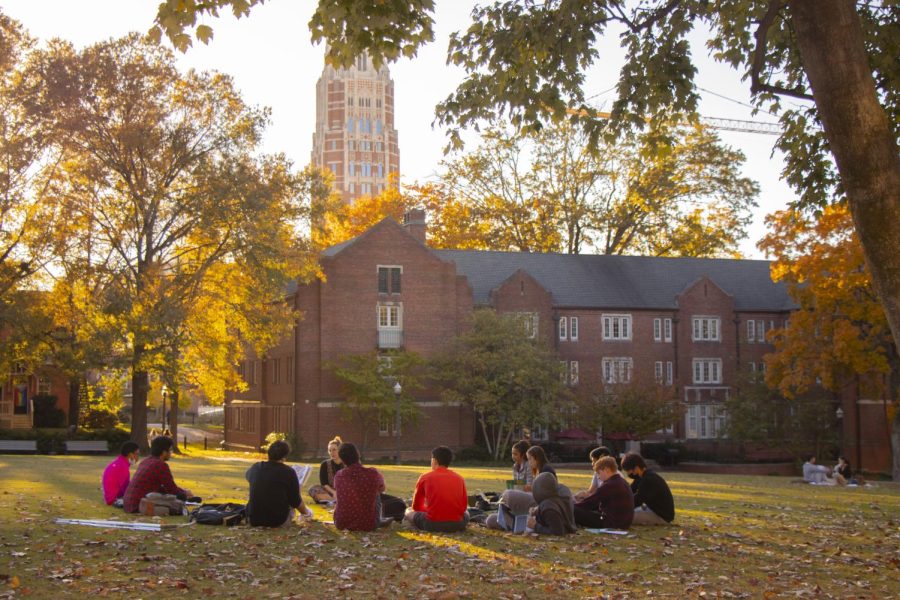



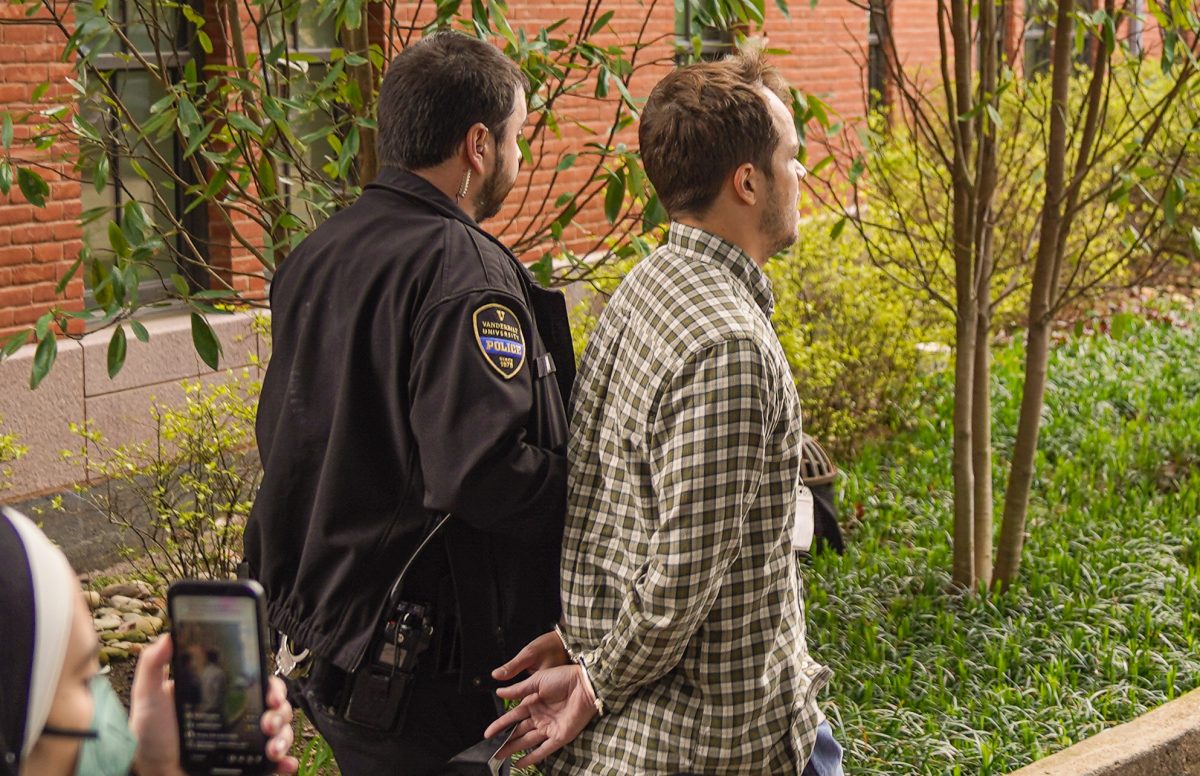
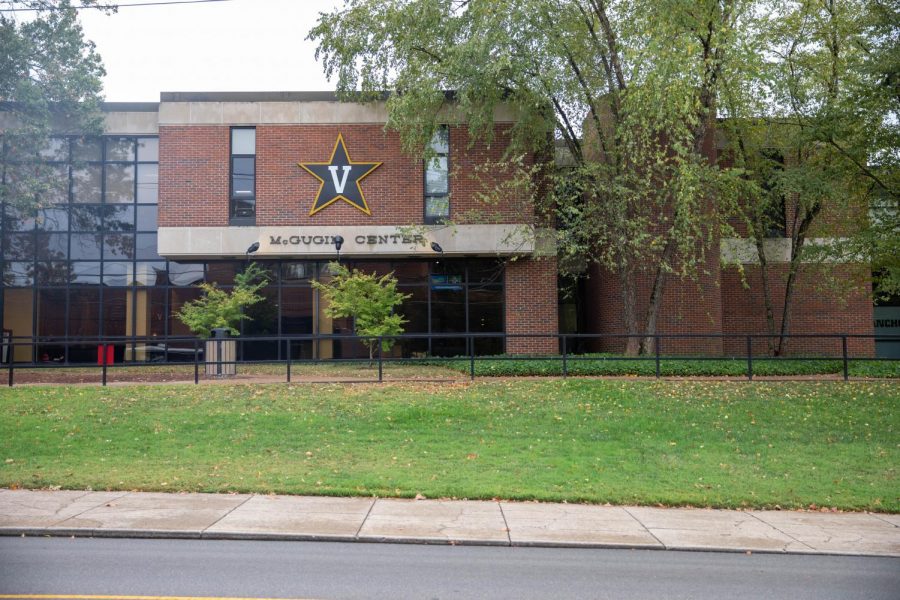

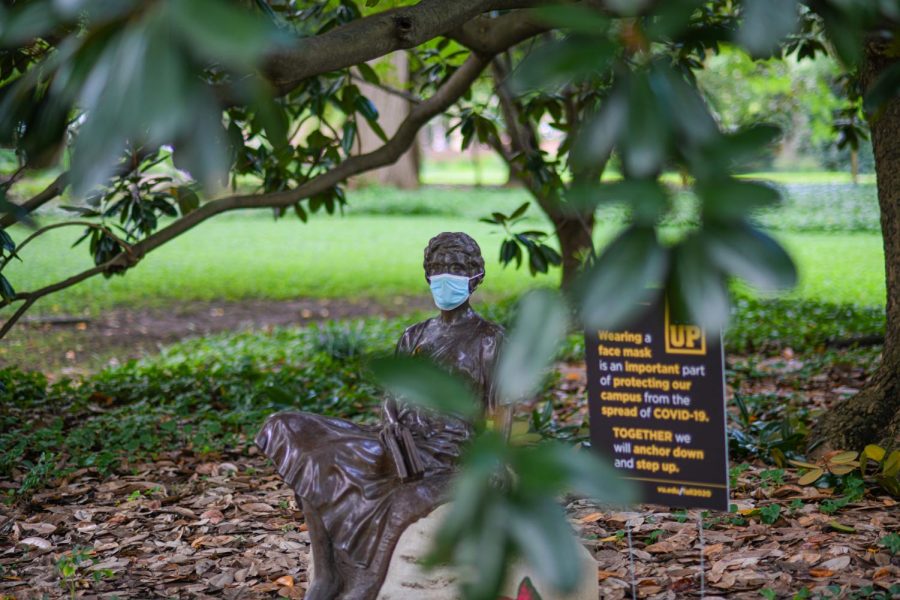

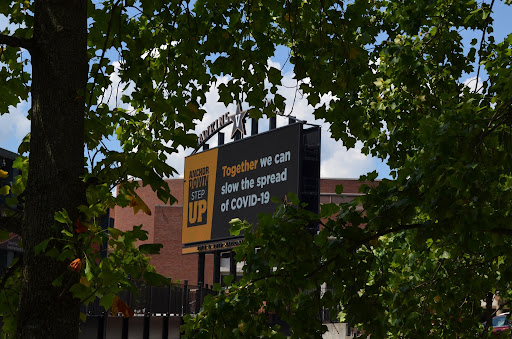
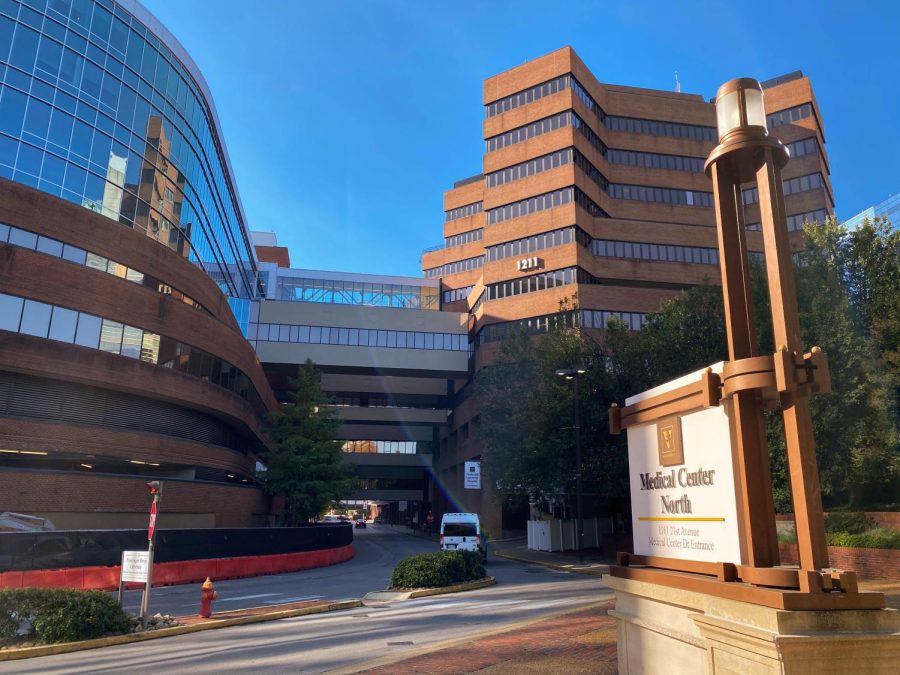
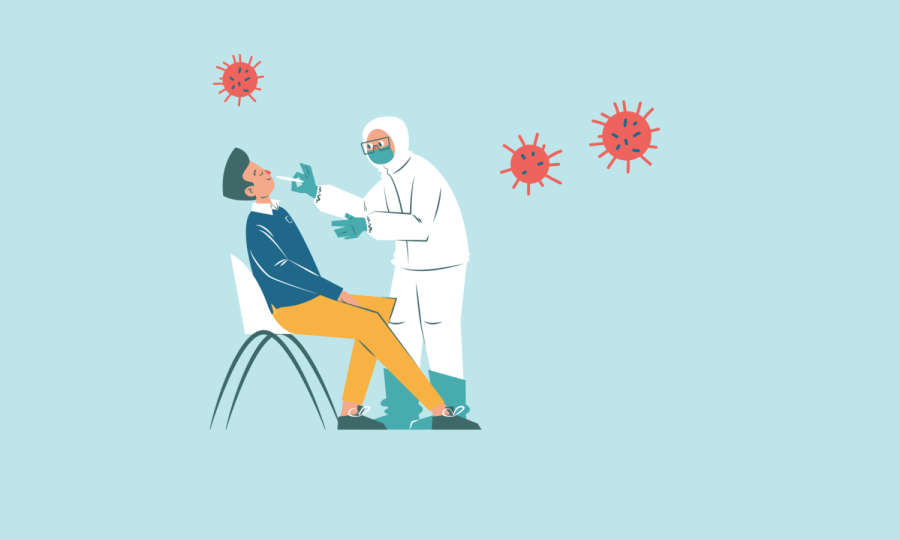

Just Some Feedback • Mar 15, 2022 at 3:27 pm CDT
I appreciate the Hustler always working to interview students, but just interviewing freshmen leaves out a lot of perspectives. What do older students think who had been kicked off of campus previously? What would seniors say as they are experiencing their last semester on campus? Four first years just doesn’t feel sufficient to have a well-rounded survey of the student body.
Anon • Mar 14, 2022 at 10:53 am CDT
The portion of students who care that much about masks anymore is extremely small. It is fair to say that almost all students are happy that Vanderbilt has finally realigned its policy with CDC recommendations.
Excited Student • Mar 10, 2022 at 8:56 pm CST
Great news! I wish this article would’ve interviewed more students who are happy about this policy change instead of just 1 and 3 who aren’t happy. All my friends are super excited!